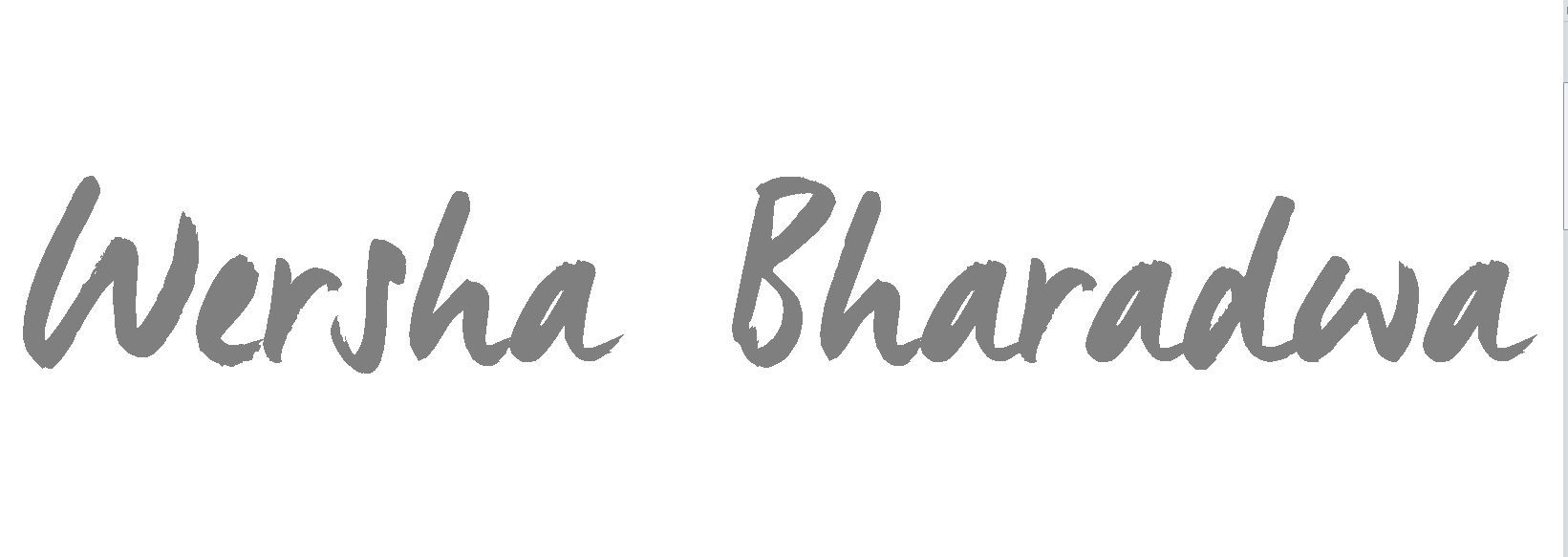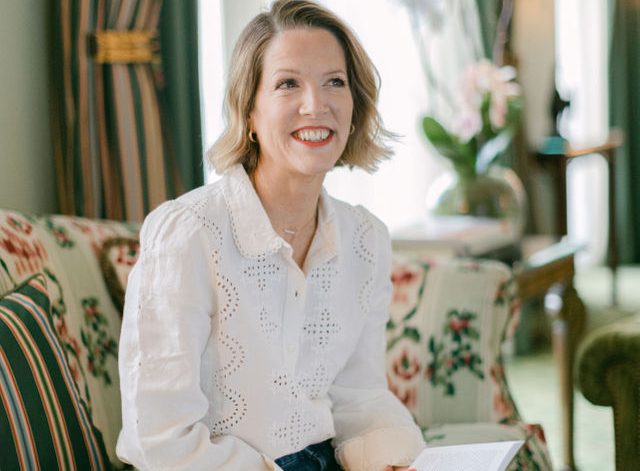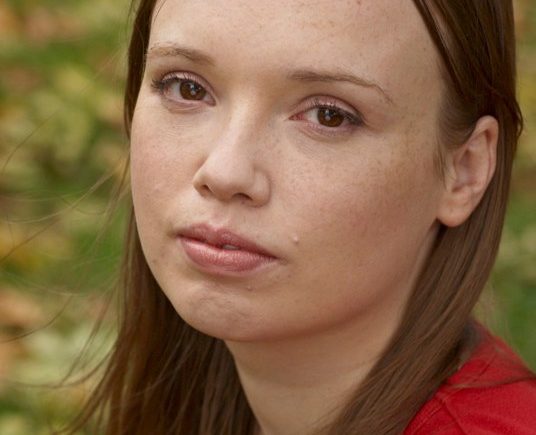Jade Beer is a novelist and award-winning editor (she was at the helm of Conde Nast Brides UK for eight years). As a journalist she has written for The Sunday Times Style, The Mail On Sunday, The Telegraph, Glamour and Stella magazine. Jade is also a regular fiction and non-fiction book reviewer for the Mail on Sunday. From plotting to how long it takes her to write a novel, Jade offers lots of precious insights into novel writing.
Q. How did you come up with the premise for your new novel ‘The Last Dress From Paris?’ When did the inspiration first strike?
JADE: The starting point was the Christian Dior, Designer of Dreams exhibition at the V&A back in 2019. It was absolutely breath-taking. Not long afterwards, I read his autobiography and then booked myself on a writing retreat in the South of France. That’s where the seed of an idea really started to become a reality. I got the first words down, honed my research plan and, probably most importantly, structured some deadlines for myself.
Q. Did you plot/ outline the story and beats meticulously or did the story unfold as you wrote?
JADE: I am definitely a plotter – but I don’t let the initial structure dictate the action entirely. I map out what I think needs to happen chapter by chapter and then off I go. If a brainwave strikes that does not fit this plan, then I go with it and work it into the existing story structure. Having that outline is essential for keeping me on track. I would find it very hard to hit my stride every day if I didn’t have a concept of where I was trying to get to with the words. Hats off to anyone who can write without a structure – that’s not me! A career in journalism means I always need some sense of what the story is.
Q. What helps you generate ideas for scenes and scene settings?
JADE: There are several locations in this book that are scattered across Paris and the only way I felt I could write those scenes originally and with great colour was to put myself there. I booked two nights and visited each one, took lots of notes that would help me capture the essence of the place, and wrote them up every night while they were still very fresh in my mind. There is a scene for example, when a character is meeting someone she shouldn’t in a church. She is very apprehensive about the meeting and counts the number of steps she takes as she walks down the aisle. I did the same walk so I knew how many steps she would take. I ate where she did, I visited the same parks, the same shops, I went to where she lived. It all helped to build a picture of the woman I was writing about.
Q. How long did it take you write the first draft of your new novel, The Last Dress in Paris in comparison to how long it took you to write the first draft of The Almost Wife?
JADE: I did a lot of research before I started writing so getting the first draft down felt very quick – perhaps 3-4 months. This is much quicker than The Almost Wife which I wrote while I had a full-time job editing a woman’s magazine. That was largely written on my train commute from Kingham to Paddington every day – which at the time was about three hours a day. Plus, I would get up chronically early every Saturday and Sunday and do 2-3 hours before the children woke up. I honestly never minded. Once I was set on the path of writing a book, I knew I would finish it. I liken it to the rule I have when I go for a run. I can slow down if I need to, but I can’t stop!
Q. What are the biggest differences between writing as a journalist and writing as a novelist?
JADE: I think as a journalist you are well trained to maintain pace, excitement and interest; to hook the reader in quickly and keep them there; to inject detail into your work in a way that doesn’t feel cumbersome. But the big challenge for me initially was remembering to show, don’t tell which is the exact opposite of journalism. Even now, I have to double check myself at the end of a large writing session and ask, did I do it right?
Q. Have your writing processes changed much since your first book?
JADE: I used a very different process for WIDS and TLDFP. The former, I edited as I went, chapter by chapter, which I think very few writers do. The latter I redrafted only once I had at least half of it down. I was incredibly fortunate that there was no real structural edit needed at the end but that is because I worked with a freelance editor while writing it, leaving a lot less of the heavy lifting to do once it was finished. I much prefer working this way. I don’t like moving forward with something that doesn’t feel good. I prefer to problem solve as I go – although of course that is not always possible and sometimes you don’t know what’s wrong until the end!
Q. Have any craft books helped you figure out the fundamentals of story?
JADE: I have read Save The Cat and liked it and will undoubtedly refer back to it, especially when plotting, but when I am purely writing I like the focus to be on the drama and the emotion and I sometimes feel that if you are constantly cross referencing with the theory then it pulls your mind in the wrong direction. The words seem more forced then. But I do think it is important to read these books – whichever one works for you – and understand the theory and be aware of it. In all honestly, it is probably something I should study more.
Q. Who are your fave writers and why?
JADE: I have read so many books in the past year that I have loved but whenever I am asked this question, the first name that springs to mind is always Eve Chase. She is so incredibly talented in my opinion. Her writing is so lyrical and evocative, she is an expert at creating a sense of place, but she can be immensely funny and wry too. I will always buy her books.
Jade’s latest novel, The Last Dress From Paris will be published in 2022 by Penguin Random House USA. Follow Jade on her website at https://jadebeer.com, on Instagram (https://www.instagram.com/jadebeerbrides), Good Reads (https://www.goodreads.com/author/show/17852615.Jade_Beer) and Amazon for all her latest news, book events and launches.
You can purchase a copy of What I Didn’t Say on Amazon here: https://www.amazon.co.uk/gp/product/1786819376/ref=dbs_a_def_rwt_hsch_vapi_tu00_p1_i2


